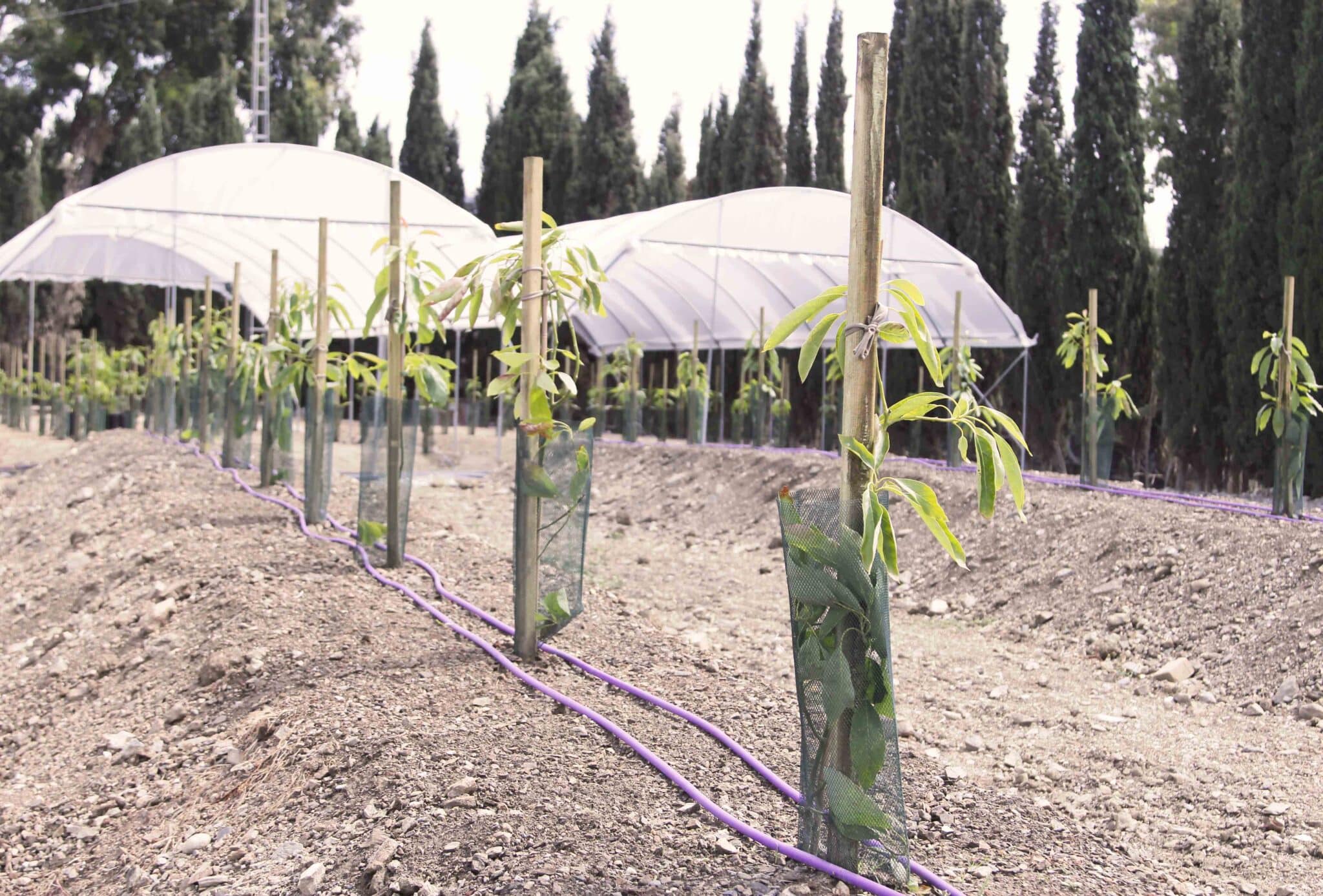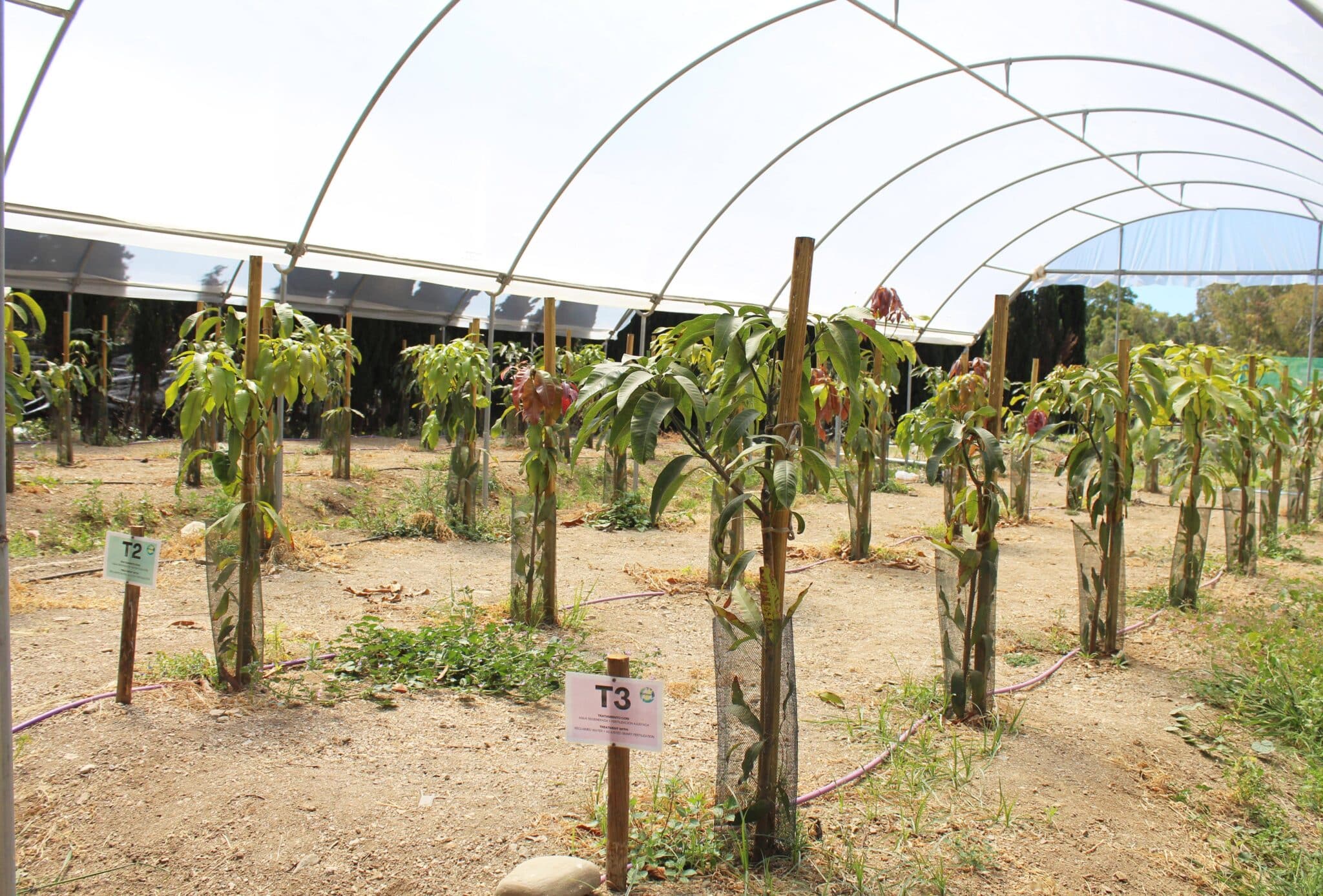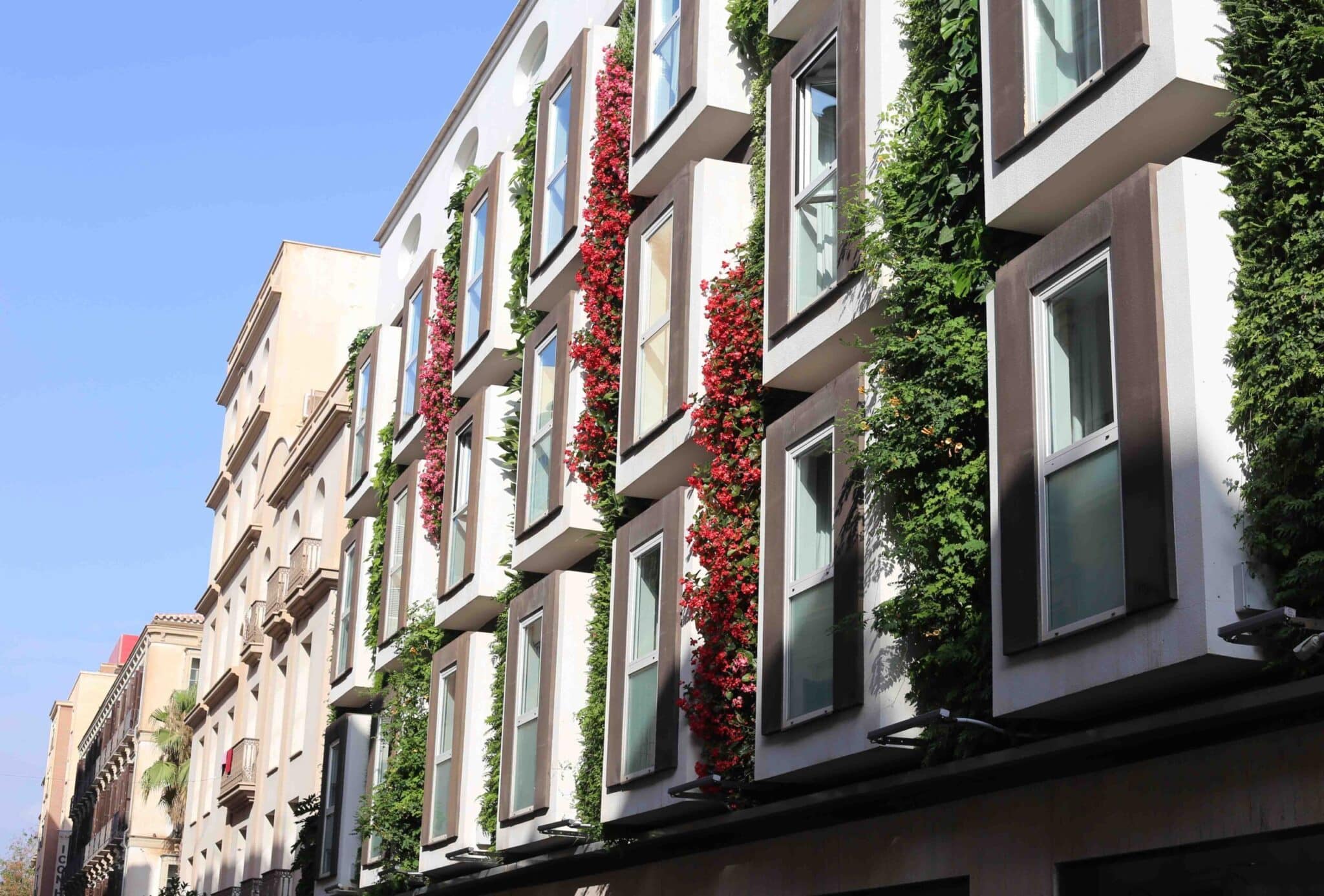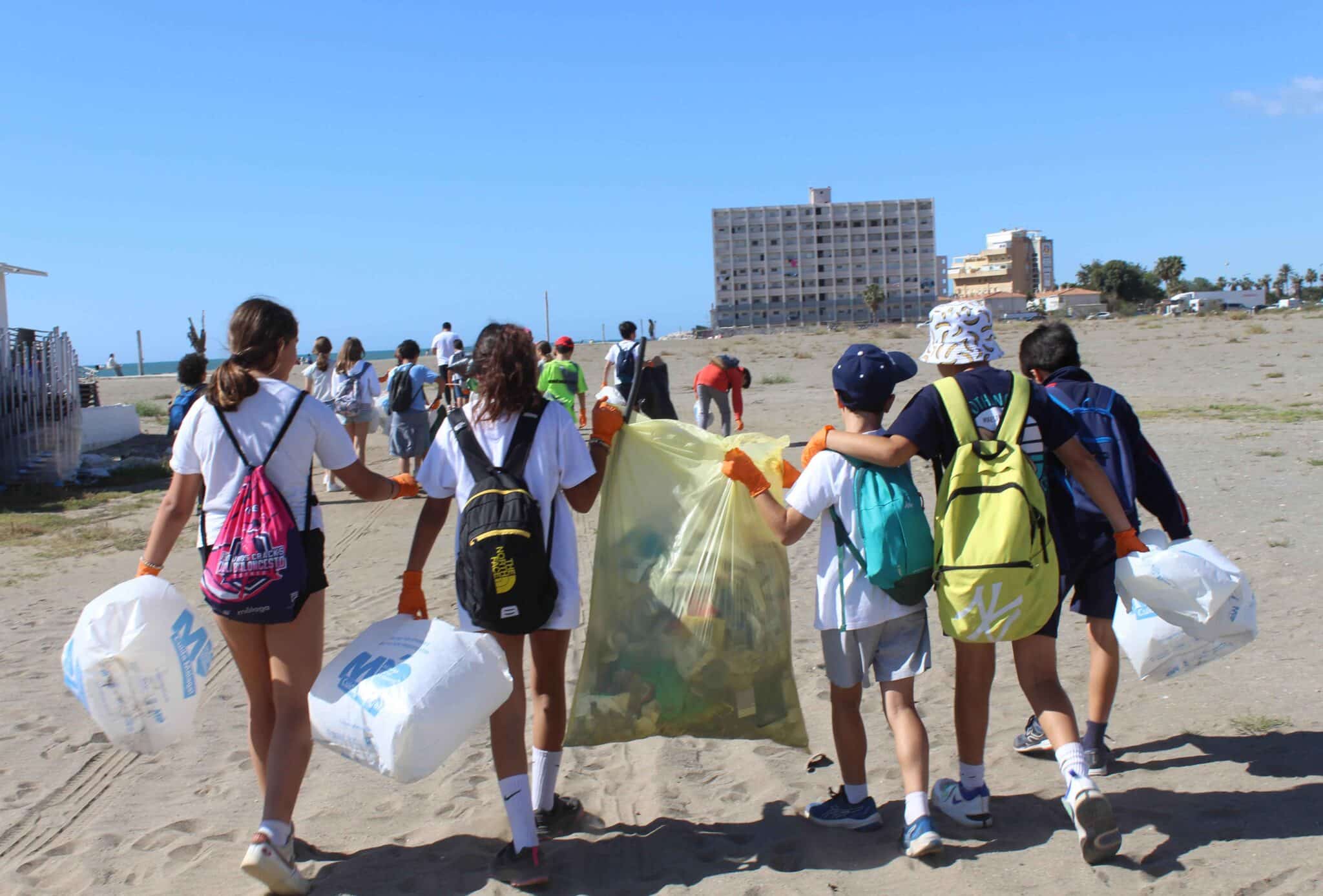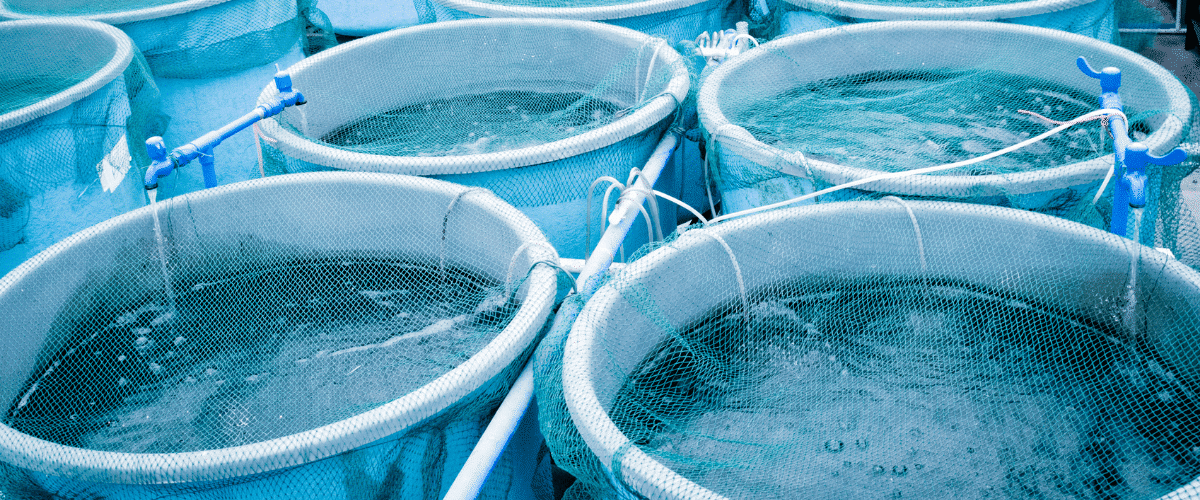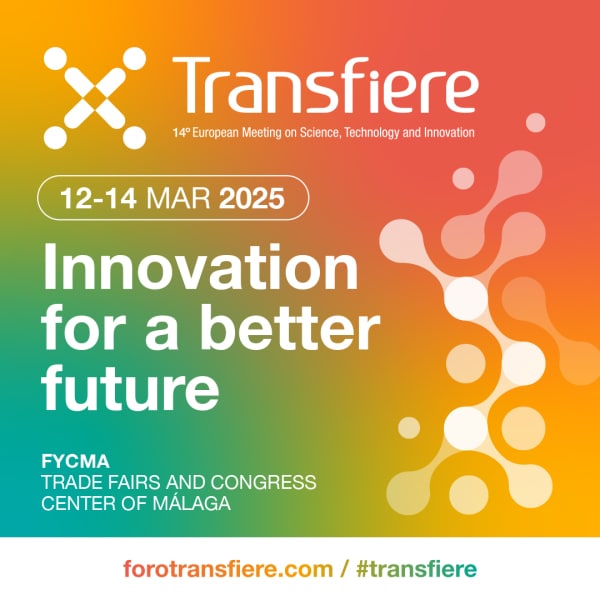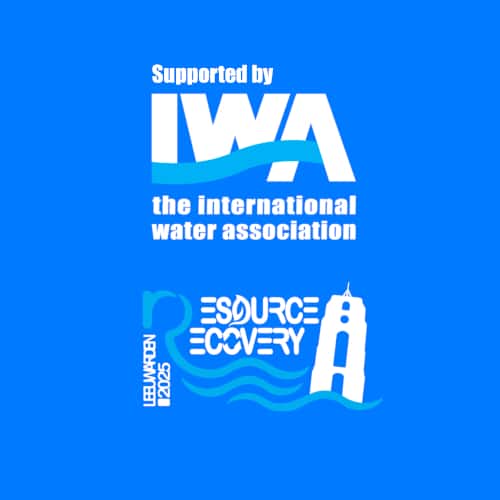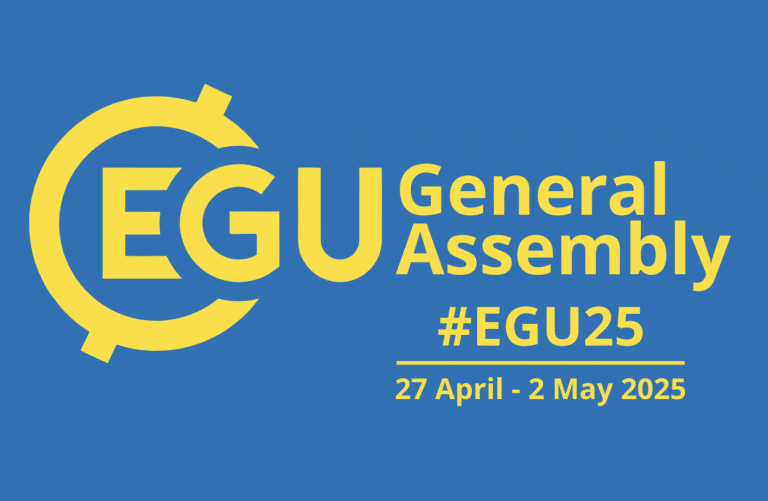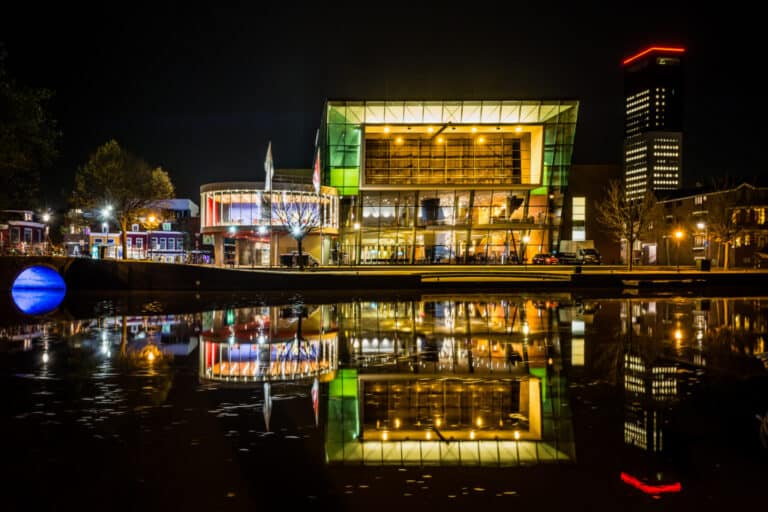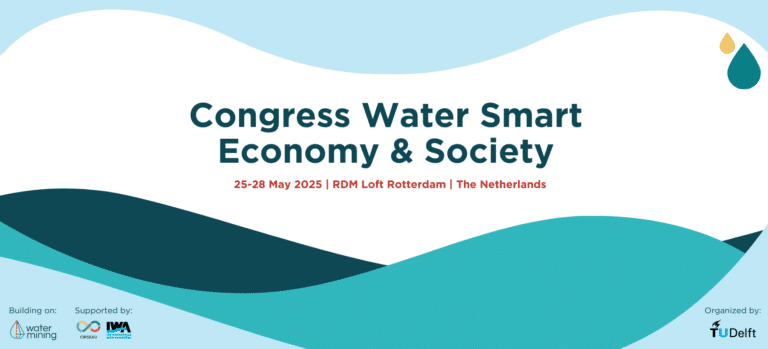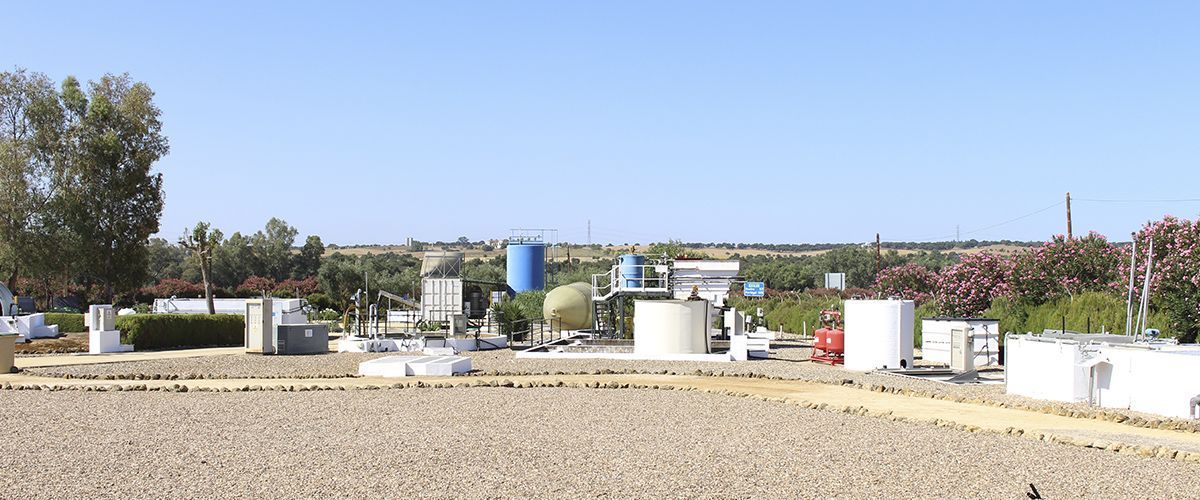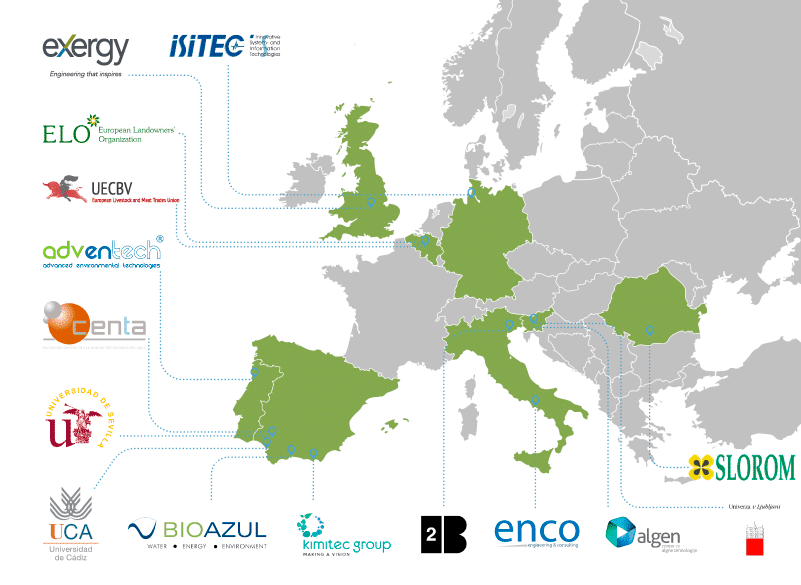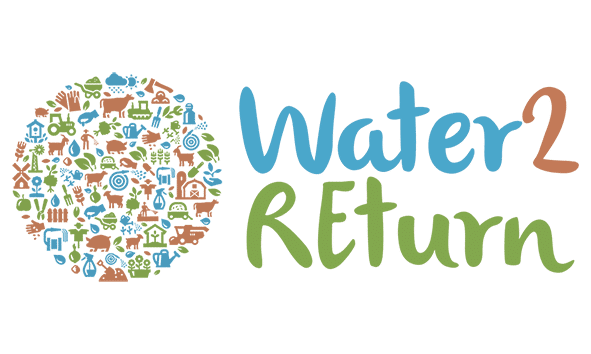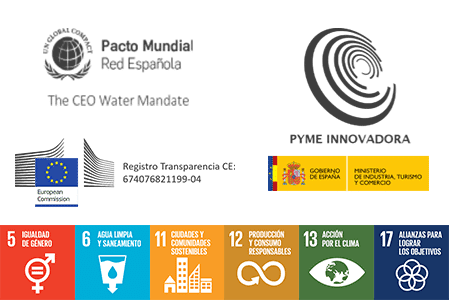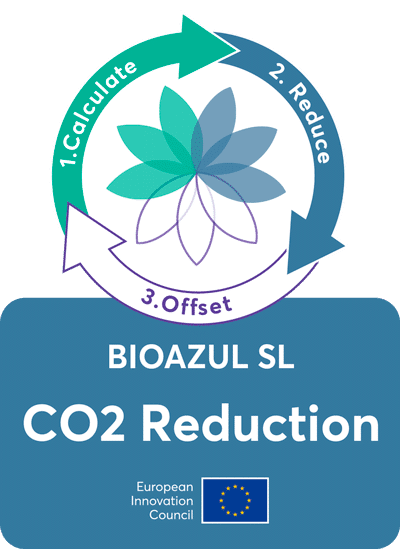Resources recovery is a very important topic nowadays, and the demand of nutrients’ sources continuously grows. The EU slaughtering sector, characterised by its high water and energy consumption, produces large amounts of wastewater, containing relevant nutrients that are daily discarded.
Around 750.000 m3 of wastewater are produced per year in pigs, cattle and poultry slaughterhouses, that all together constitute 98% of the EU slaughtering sector, what represents a huge nutrients’ source. However, ununderstandably, the current approach with regards to their treatment does not go in the direction of nutrients’ recovery and recycling, but nutrient’s removal.
In consequence, large quantities of wastewater and wastes are emitted to the environment with a great content of easily methanisable organic matter and nutrients, potentially transformable into energy, fertilising and biostimulant products, but environmentally dangerous if discharged with no treatment (e.g. leading to eutrophication, soils and groundwaters’ contamination, greenhouse gases emissions).
On the other hand, there is another growing sector experiencing an unstoppable increase: chemical fertilisers (containing mainly nitrogen, phosphorous and potassium), whose consumption has reached around 13.6 million tonnes by 2012, and whose extensive use generates an environmental problem in Europe, as they reach water bodies, that get polluted.
So…what if we make use of industrial symbiosis, turning wastewater treatment facilities like those installed in slaughterhouses into nutrients’ bio-refineries?
